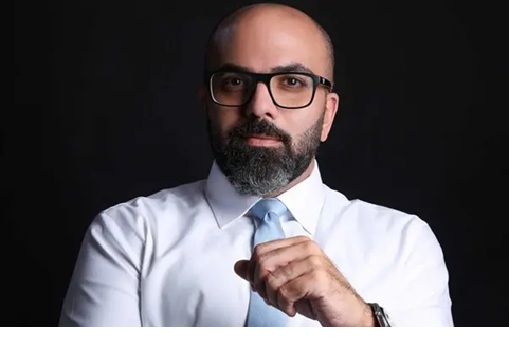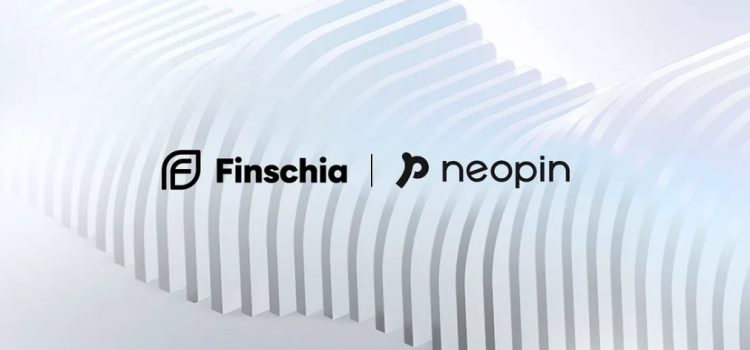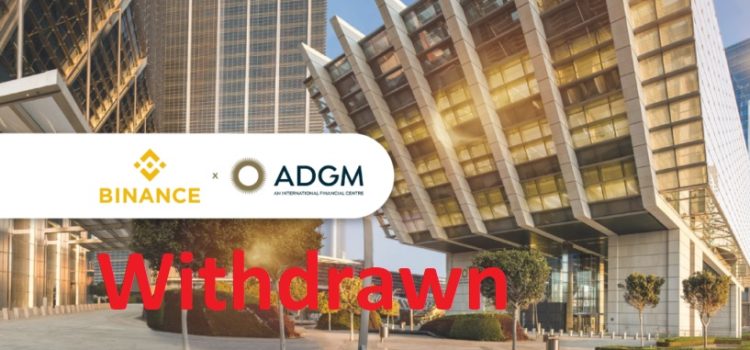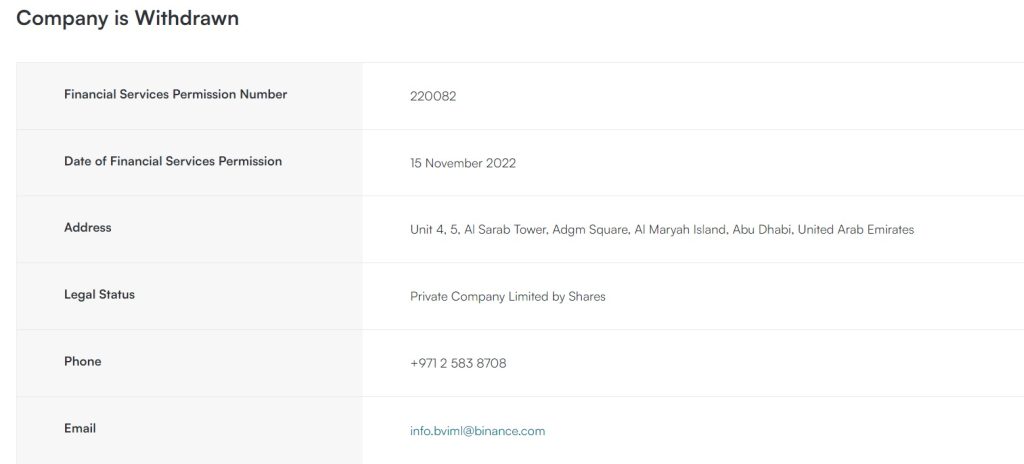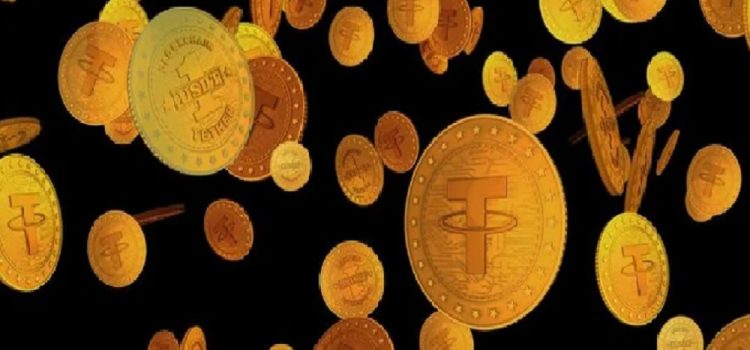
UAE based Finschia Foundation, an independent non-profit organization, based in Abu Dhabi, UAE, established in March 2023 to expand public blockchain and Web3 technologies, and NEOPIN, DeFi multichain platform have partnered to provide decentralized exchange services.
Finschia and NEOPIN will collaborate to develop the Finschia Network Swap (hereinafter referred to as FNSwap). NEOPIN is currently developing FNSwap, which will be the first Automated Market Maker (AMM) Decentralized Exchange in the Finschia ecosystem.
NEOPIN has been building blockchain expertise and technology since 2017, participating as a node validator for various global blockchains, including Ethereum, Tron, Cardano, and Cosmos. In 2022, the company launched the CeDeFi protocol NEOPIN to provide a secure and convenient environment for using the DeFi protocol.
This year, the company was selected as an innovation program company by the Abu Dhabi Investment Office (ADIO) in the UAE to attract direct and indirect investment, and is working with the Abu Dhabi Global Market (ADGM), a special financial zone in the UAE, to create the world’s first DeFi regulation as a public-private partnership.
As per the news, FNSwap is envisioned as a community-first, community-owned centered and fair platform, offering various range of DeFi products and incentives. These include token swapping, earning fees and rewards by depositing tokens into through token deposits in pools, gaining incentives incentive acquisition through token staking, and token transfers with EVM-based chains via bridge.
FNSwap is set to launch in the near future, providing users with a stable and convenient platform to access DEX services within the Finschia ecosystem. Later it will be expanded by creating an environment where various Finschia dApp services can easily list tokens and users can trade conveniently.
According to the news, the Foundation will continuously provide necessary technical support and integration for the development of a diverse array of ‘money legos’, starting with supporting the basic token swap services. This support aims to facilitate the onboarding of DeFi services, propelling the platform towards becoming the №1 DeFi platform in Asia.

